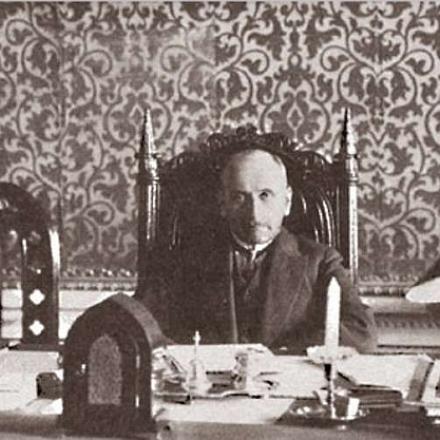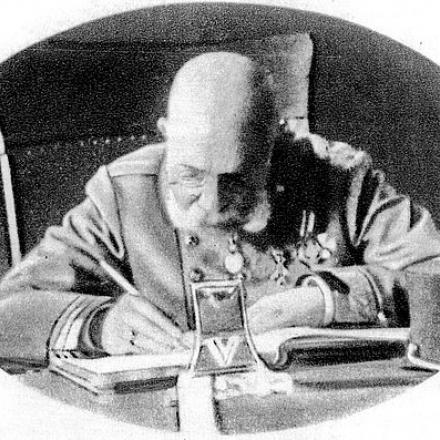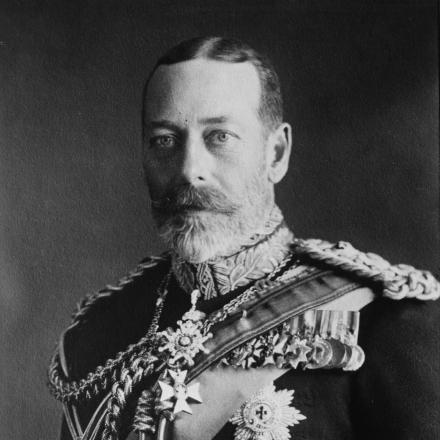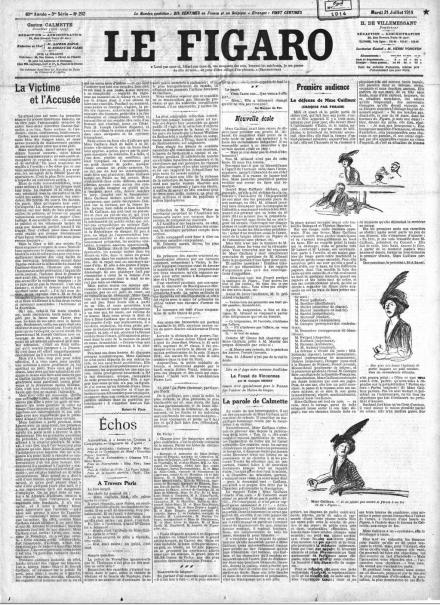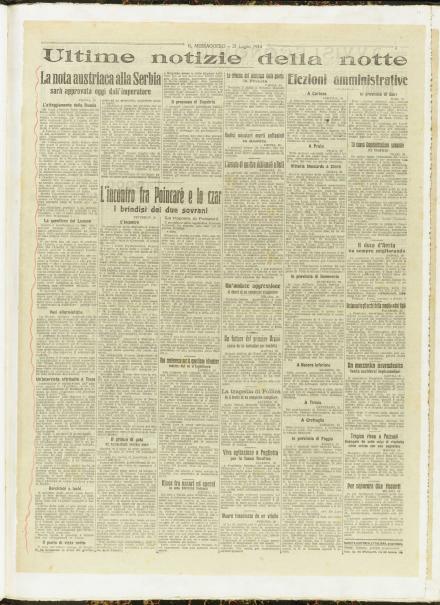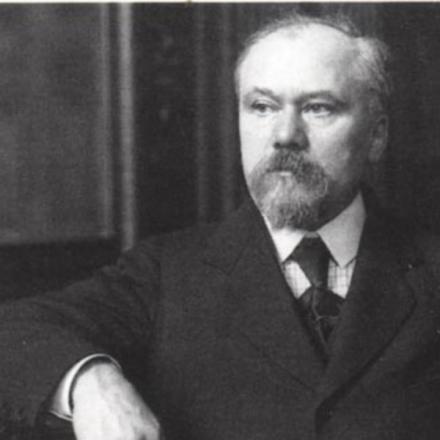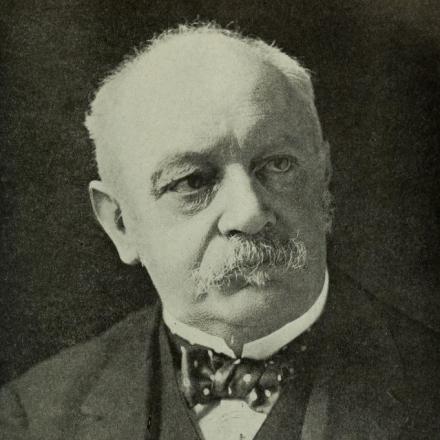San Pietroburgo parlerà con Belgrado
L’imperatore Francesco Giuseppe ha appena approvato il testo dell’ultimatum alla Serbia.
Le diplomazie di tutta Europa sono in subbuglio. Sono giornate lunghe e ancora incerte. A Berlino, l’Ambasciatore Francese Jules Cambon contatta von Jagow, Ministro degli esteri tedesco. Chiede notizie sul documento austro-ungarico, magari qualche anticipazione.
Il 21 luglio il Kaiser riceve un telegramma da Costantinopoli. Stando alle informazioni del suo Ambasciatore «non solo la Bulgaria, ma anche Romania e Turchia si schiererebbero al fianco della triplice alleanza, se l’Austria dovesse impartire una severa lezione alla Serbia».
È l’ennesimo abbaglio della diplomazia tedesca: per Berlino la Russia non è pronta alla guerra; la Gran Bretagna non si intrometterà; il conflitto resterà locale; e avranno l’appoggio della Romania, che ovviamente combatterà al fianco della Triplice Intesa. Profetici.
Anche la Russia vuole fare la sua parte. Lo conferma il Ministro degli esteri Sergej Sazonov all’Ambasciatore asburgico. San Pietroburgo parlerà con Belgrado; consiglierà un atteggiamento accondiscendente.
A Buckingham Palace Re Giorgio V ha organizzato una riunione per discutere dell’Ulster. L’occasione è buona anche per analizzare la situazione europea. È presente anche Sir Edward Grey.
Davide Sartori
GLI AVVENIMENTI
Politica e società
- L’Imperatore austro-ungarico Francesco Giuseppe approva l’ultimatum a Bad Ischl.
- il Presidente francese Poincaré a San Pietroburgo avverte l'Ambasciatore austriaco che "Il popolo russo è molto amico dei serbi e la Francia è alleata della Russia".
- Il Primo ministro serbo Pašić è impegnato in un tour elettorale per le elezioni serbe. Non tornerà a Belgrado fino al 24 luglio.
- Sazonov, Ministro degli esteri russo, rassicura l'Ambasciatore austriaco Szápáry che la Russia cercherà di convincere i serbi a essere accondiscendenti.
- A Londra Re Giorgio V convoca tutte le parti a Buckingham Palace per discutere la situazione irlandese e il Ministro degli esteri Grey riferisce al Gabinetto anche della situazione europea.
- Da Berlino l’Ambasciatore francese Jules Cambon informa Parigi del primo passo verso la mobilitazione tedesca.
- In Russia iniziano grandi scioperi.
Parole d'epoca
Raymond Poincaré
Presidente della Repubblica francese
Da San Pietroburgo
Con un po' di buona volontà è facile regolare questa faccenda serba, che però potrebbe facilmente invelenirsi. La Serbia conta amici caldissimi nel popolo russo, e la Russia ha un'alleata: la Francia. quante complicazioni da temere!
Documenti diplomatici
M. Jules Cambon
Ambasciatore francese a Berlino
It has come to my knowledge that the Servian representative at Berlin declared, at the Wilhelmstrasse, yesterday, that his Government was ready to entertain Austria's requirements arising out of the outrage at Serajevo, provided that she asked only for judicial co-operation in the punishment and prevention of political crimes but that he was charged to warn the German Government that it would be dangerous to attempt. through that investigation, to lower the prestige of Servia. In confidence I may also inform your Excellency that the Russian Chargé d'Affaires at the diplomatic audience to-day mentioned this subject to Herr von Jagow. He said that he supposed the German Government now had full knowledge of the note prepared by Austria, and were therefore willing to give the assurance that the Austro-Servian difficulties would be localised. The Secretary of State protested that he was in complete ignorance of the contents of that note, and expressed himself in the same way to me. I could not help showing my astonishment at a statement which agreed so little with what circumstances lead one to expect.
I have also been assured that, from now on, the preliminary notices for mobilisation, the object of which is to place Germany in a kind of "attention" attitude in times of tension, have been sent out here to those classes which would receive them in similar circumstances. That is a measure to which the Germans, constituted as they are, can have recourse without indiscretion and without exciting the people. It is not a sensational measure, and is not necessarily followed by full mobilisation, as we have already seen, but it is none the less significant.
